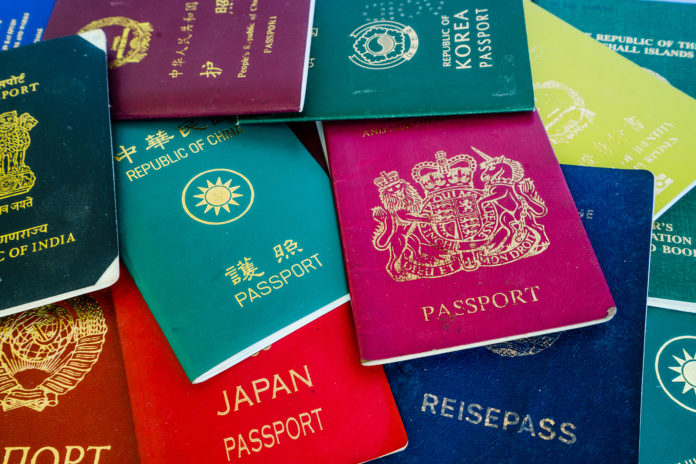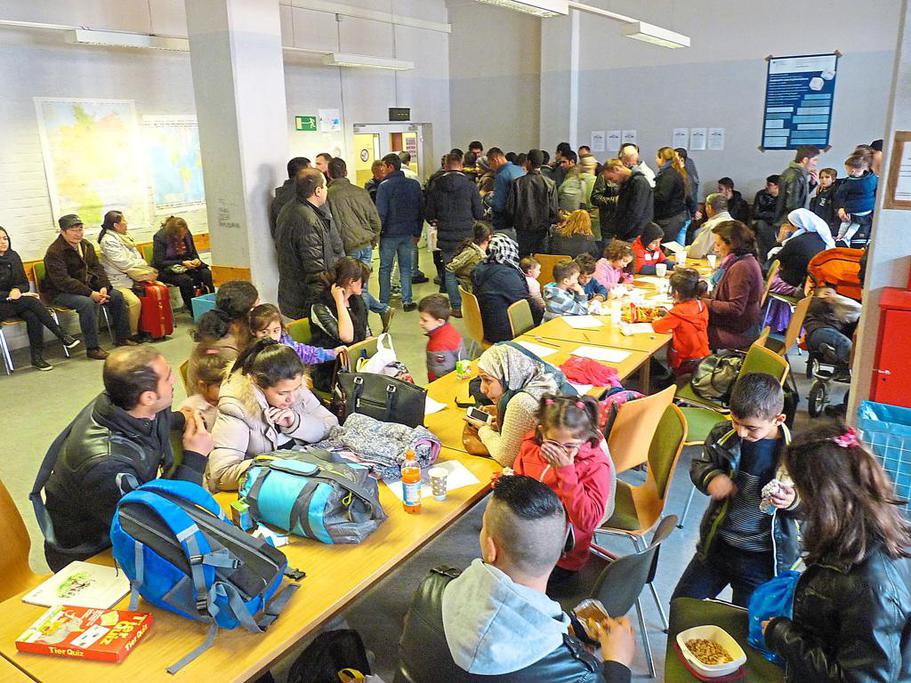
A German Permanent Residence Permit, also seldom called as a Settlement Permit. It is issued to non-European citizens and inhabitants who have lived in Germany for more than 5 years. However, regardless of its advantages of free movement within the Eurozone, we should know that it isn’t the same as becoming or being considered a German inhabitant. These inhabitants don’t acquire a German passport. The phenomenon that determines a natural German citizen is called Naturalization. To stay in Germany legally, a foreigner requires a German residence title. A permanent residence permit allows a non-German citizen or individual to stay in the country for unspecified amounts of time. The German Residence Act in a generic manner differentiates between three kinds of residence titles.
They are classified categorically into Visum, Aufenthaultserlaubnis and Niederlassungserlaubnis.

Visum: A German visa, is for all the third-country nationals who belong to subcontinents of Asia and Africa. Some of the countries are India, Tunisia, Lebanon, Egypt, Syria, Belarus, Ukraine, Thailand, Russia, Turkey, Morocco., etc. They are subject to visa obligation to enter the country and are obliged to present themselves personally at the German embassy or consulate in their home country. To apply for the Etats Schengen or the Schengen Visa, the applicants must generally fill in and personally sign a visa application form and provide further documents and enclosures such as:
- A passport valid at least three months beyond the expiry date of the visa requested.
- Passport photos.
- Travel insurance of 30,000 EUR
- Proof of economic means of leverage to cover the stay of the individual for that particular period e.g., credit cards, traveller’s cheques, etc.
- Address proof or proof of accommodation
- Supporting documents or enclosures stating the purpose of the visit.
- Documentation of the means of transportation and the country of origin.
- Enclosures and documentation proving the social- student, spouse, daughter, son., etc and professional status of employment.
- Acknowledgement slips of Visa payment or On arrival Visa permit in some cases.
Aufenthaultserlaubnis: It is a Temporary Residence Permit or a limited residence permit offered to individuals for a specific purpose and for a certain period of time. It is generally valid for a year and is usually extended when the purpose of the stay persists. Apart from being extended, there are also other rights connected to the purpose of the stay, including the right to work and the right to receive social security benefits in order to maintain equity. The reasons for obtaining Aufenthaultserlaubnis could be varied. Some of them are Ehegattennachzug or immigration of foreign spouses living in Germany and FamiliennachzuG or the immigration of family members of German residents living in Germany and immigration of PhD holders or research scholars for academic purposes based on humanitarian grounds.
Niederlassungserlaubnis: It is a German permanent residence permit that is permanently valid as a title given to an individual and it doesn’t have to be renewed during the stay of foreign inhabitants. The Niederlassungserlaubnis will be given or granted to an individual if he has had Aufenthaultserlaubnis for five or more years, with sufficient income and socio-economic status and can show valid proofs of 60months worth paid state pension contributions received. People who have their spouses in Germany can receive Niederlassungserlaubnis after three years if their marriage is still intact and if they can show sufficient proof of income.
German Immigration Law: The Different International Law, Humanitarian or Political Reasons to get a residence title in Germany. The German Immigration Act contains many provisions on the entry of foreigners into Germany on international law, humanitarian or political justifications.
A foreigner may be granted a temporary PR or Aufenthaultserlaubnis if he or she has been incontestably recognized as being entitled to an asylum or incontestably granted refugee status by Federal Office for Migration and Refugees (Bundesamt für Migration and Flüchhtlinge).
The deportation of foreigners to countries where they may face torture or other cruel, inhuman degrading treatment is forbidden under German law. The foreigner may, therefore, be granted a temporary PR or Aufenthaultserlaubnis. He or she may be granted this title if other barriers to the deportation of the foreigner exist. For instance, if departure is impossible because of legal or other factual reasons and extenuating circumstances like permanent medical conditions requiring constant care. A foreigner living abroad may be given or granted a temporary residence title to come to Germany if international law or urgent humanitarian reasons exist and the German Federal Ministry of the Interior (Innenministerium) has declared the admission of the foreign national necessary because of political reasons.
Moreover, a foreign national might be granted a temporary residency, if the competent Supreme Federal State Authority (öberste Landesbehörde) has declared the admission of the foreigner necessary because of international law, humanitarian or political reasons.
Please find the list of the international law, humanitarian and political reasons and justifications in Germany according to the German Immigration Act below:






































